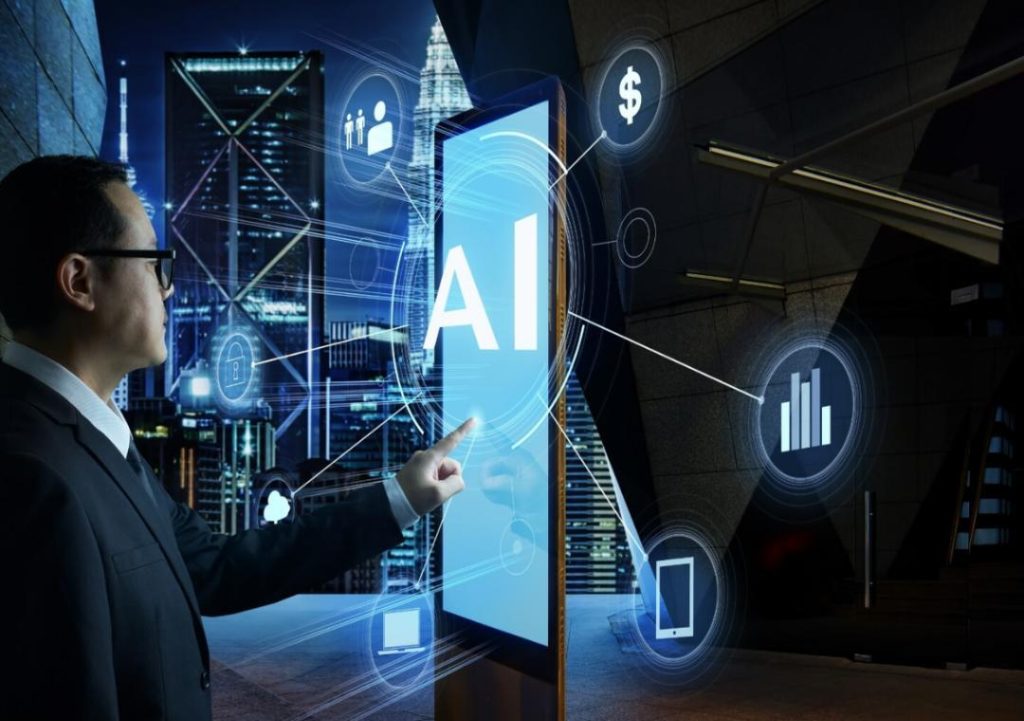
AI & ML now power over 77% of business processes
In today’s digital-first world, Artificial Intelligence (AI) and Machine Learning (ML) are no longer futuristic concepts—they’re operational essentials. The rapid evolution of technology has led to a significant shift in the way businesses operate, with AI/ML now powering over 77% of enterprise processes.
From automating customer support to real-time fraud detection, AI/ML is transforming the way organizations interact with customers, streamline operations, and drive innovation. The benefits are undeniable: improved productivity, reduced costs, and personalized user experiences. The question is, what’s driving this shift, and how can businesses harness the power of AI/ML to stay competitive?
What is AI and ML?
Before diving into the importance of AI/ML, it’s essential to understand what they are. AI refers to the development of computer systems that can perform tasks that typically require human intelligence, such as learning, problem-solving, and decision-making. ML, a subset of AI, enables machines to learn from data without being explicitly programmed.
In simple terms, AI/ML is the ability of machines to analyze data, identify patterns, and make predictions or decisions without human intervention. This technology has revolutionized industries, from healthcare and finance to marketing and customer service.
How is AI/ML important?
The importance of AI/ML can be seen in the numerous ways it’s being applied across various business processes. Here are a few examples:
- Customer Support: AI-powered chatbots are becoming increasingly popular, providing 24/7 customer support and answering frequent questions. This not only improves customer satisfaction but also reduces the workload of human customer support agents.
- Fraud Detection: ML algorithms can analyze large datasets to detect fraudulent activities in real-time, reducing the risk of financial losses and protecting customer data.
- Personalization: AI-powered marketing tools can analyze customer behavior and preferences, enabling businesses to offer personalized recommendations and improve conversion rates.
- Predictive Maintenance: ML algorithms can analyze equipment performance data to predict when maintenance is required, reducing downtime and improving overall efficiency.
- Supply Chain Optimization: AI can analyze supply chain data to optimize logistics, reduce costs, and improve delivery times.
Why is AI/ML essential for businesses?
The benefits of AI/ML are undeniable, but why is it essential for businesses to adopt this technology? Here are a few reasons:
- Stay Competitive: In today’s digital-first world, AI/ML is no longer a luxury but a necessity. Businesses that fail to adopt AI/ML risk being left behind, losing customers, and ultimately, their competitive edge.
- Improved Productivity: AI/ML can automate repetitive tasks, freeing up human resources to focus on higher-value tasks that require creativity, empathy, and problem-solving skills.
- Reduced Costs: AI/ML can optimize processes, reduce waste, and improve efficiency, leading to significant cost savings.
- Enhanced Customer Experience: AI/ML-powered personalization and real-time support can lead to increased customer satisfaction, loyalty, and ultimately, revenue growth.
How can businesses get started with AI/ML?
Adopting AI/ML can seem overwhelming, but it’s essential to start small and focus on specific business processes. Here are a few steps to get started:
- Identify Pain Points: Identify areas where AI/ML can improve efficiency, reduce costs, or enhance customer experiences.
- Assess Data Quality: Ensure that your data is clean, accurate, and complete, as AI/ML algorithms require high-quality data to produce reliable results.
- Choose the Right Tools: Select AI/ML tools that align with your business goals and are scalable for future growth.
- Train Your Team: Provide training and support to your team to ensure they understand AI/ML concepts and can effectively integrate them into their workflows.
Conclusion
AI/ML is no longer a futuristic concept but a fundamental operational essential for businesses. With over 77% of enterprises already adopting AI/ML, the shift is inevitable. By understanding the importance of AI/ML and taking the first steps towards adoption, businesses can improve productivity, reduce costs, and personalize user experiences.
As the digital-first world continues to evolve, it’s crucial for businesses to stay ahead of the curve and harness the power of AI/ML to drive innovation and growth.
Source:
https://www.growthjockey.com/blogs/what-is-ai-and-ml-how-is-it-important






